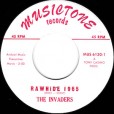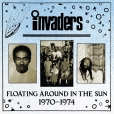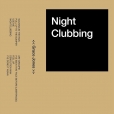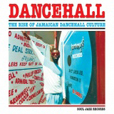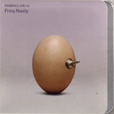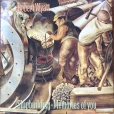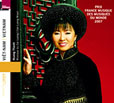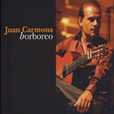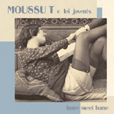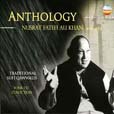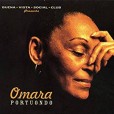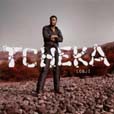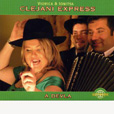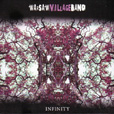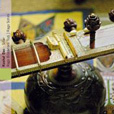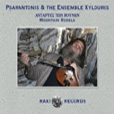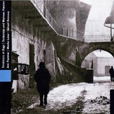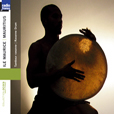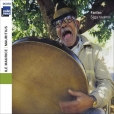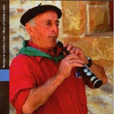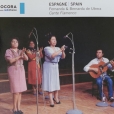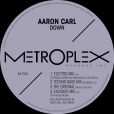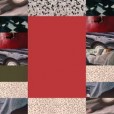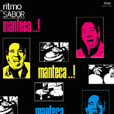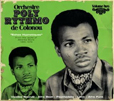Your basket is empty

Traditional and theatre music from Vietnam, the celebrated singer mazily leading dan tranh zither, dan bau monochord, sao flute, dan kim lute, dan co fiddle, and trong percussion.
Elegant, serene, new-wave, profoundly tuneful playing, with accompaniment from Abhijit Banerjee’s tabla and Sudipta Remy’s tampura.
Tremendous, wild and highly charged music from Crete, completely compelling across a range of moods and styles, with brilliant lyra playing by the leader.
Warm, nostalgic, stirring settings for voice, guitar, accordion and violin. Knowing nothing, we can hear Jacques Brel and Jake Thackray.
The ravanne is a large drum — a goatskin stretched over a wooden frame — played with the hands, emblematic of the Creole cultural heritage on this island in the Indian Ocean: the music here is fabulous.
Startlingly fresh and unusual, these timeless, traditional peasant songs from north-west Spain — mostly with percussion accompaniment, sometimes with flute, bagpipe, oboe or rebec.
Stone-classic sexed-up Detroit electro banger. Killer diller.
The business — pure, heavy, deep Afro Cuban funk grooves. 1970s bass-driven percussion delirium. Lazaro Pla aka Manteca alongside Nelson ‘El Flaco’ Pardon on timbales and Carlos Potato Valdes on congas.
Better sound than the first volume, and presented in the fine style of this label, with a 44-page booklet full of great photos, low-down and interviews.
